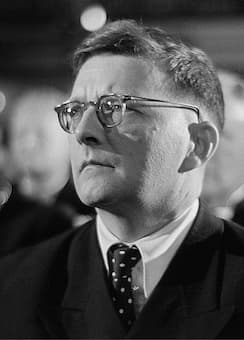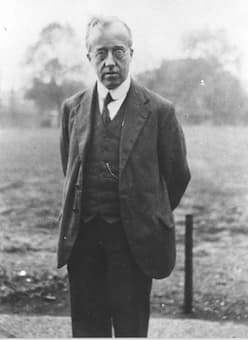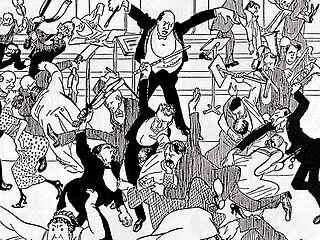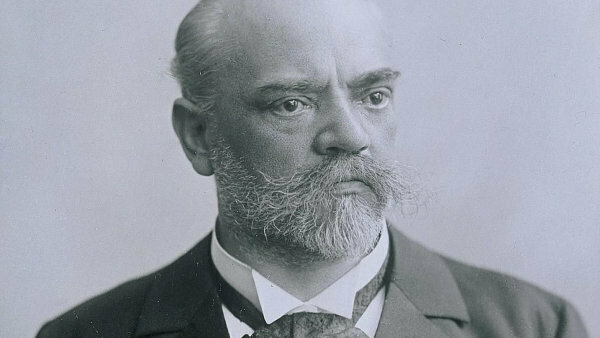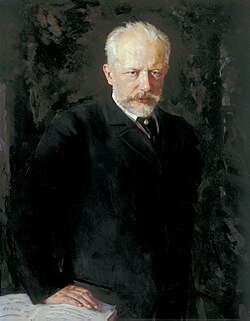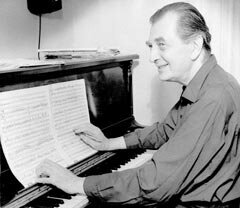The Council of Europe represents 47 member states, and roughly 800 million Europeans. Celebrating Europe’s rich linguistic diversity, the Council celebrated the European Year of Languages in 2001. At the end of this campaign the Council of Europe’s Committee of
On This Day
Born in Saint Petersburg, Russia, on 25 September 1906, Dmitry Shostakovich was the second of three children of Dmitri Boleslavovich Shostakovich and Sofiya Vasilievna Kokoulina. His father was studying physics and mathematics at St Petersburg University, and subsequently worked as
The International Day of Peace was established in 1981 by the United Nations General Assembly. It is dedicated to world peace, and specifically to the absence of war and violence, “such as might be occasioned by a temporary ceasefire in
The English composer Gustav Holst was born in Cheltenham on 21 September 1874. His father Adolph von Holst was an excellent pianist and organist, and he was musically active in his local community. He married his piano student Clara Lediard,
Date: 31 March 1913Venue: Great Hall of the Vienna Concert SocietyPurpose: Concert of Modern MusicOutcome: Riot, Fistfights and Lawsuits Arnold Schoenberg had put together a concert program that included works by Anton von Webern, Alexander von Zemlinsky, Alban Berg, Gustav
Antonin Dvořák composed his Sixth Symphony explicitly for the Vienna Philharmonic and its chief conductor Hans Richter in a matter of months. After a number of postponements, the work finally premiered with the Czech Philharmonic Orchestra on March 25, 1881,
The premiere performance of Tchaikovsky’s Manfred Symphony on 23 March 1886 immediately brought forth strong opinions on both sides of the critical divide. Somewhat surprisingly, the fierce and feared critic César Cui liked the work, and favorably commented on the
Commissioned by the Associated Music Publishers in New York, Alexander Tcherepnin premiered his second symphony in Chicago on 20 March 1952. It took Tcherepnin a long while to finish the composition, as he labored on the orchestration for the better


